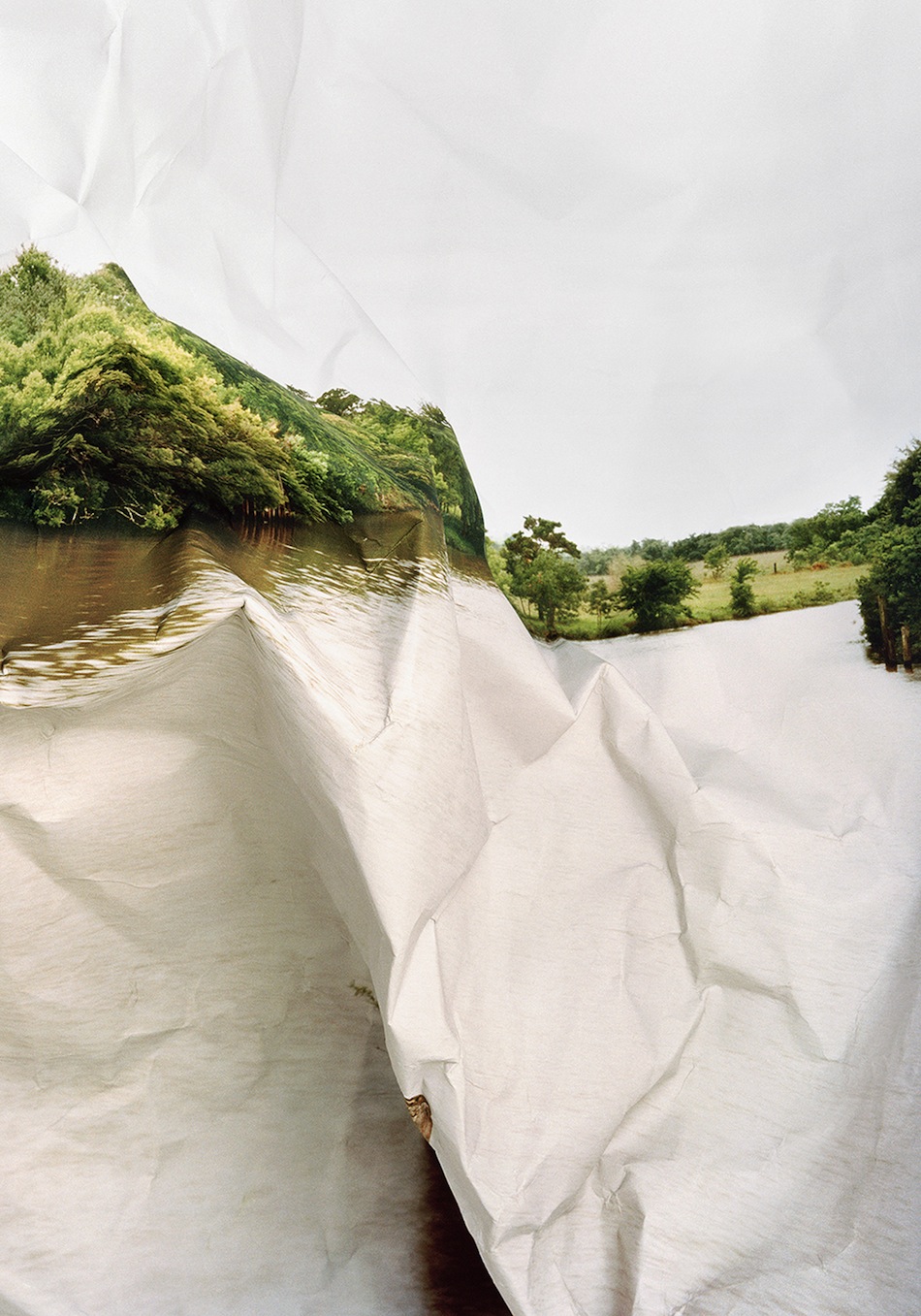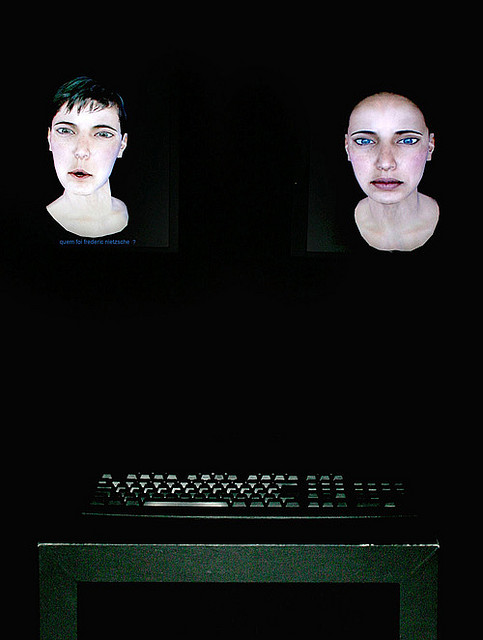
DAVID ALTMEJD
大卫·阿尔特米德
Dans son travail de réflection, il y a de l’érotique et de l’onirique en quantité, et son intérêt pour la transformation des corps nous place d’emblée du côté d’un rapport intime et empathique à ses grands lycanthropes qui nous ressemblent, captés en pleine transformation et comme coincés quelque part entre l’humain et l’animal, le vivant et le minéral. Ses oeuvres sont complexes et souvent autoréférentielles : des moulages et des objets sont mis en scène dans un décor exubérant, chargé d’ornements, de bijoux, de breloques et de toutes sortes de choses scintillantes. Il y a des fleurs aussi, des écureuils naturalisés, des ossements, des cheveux synthétiques, des cristaux, le morbide toujours inextricablement mêlé à une étrange beauté qui n’est jamais très loin du monde de l’enfance. Il y a aussi l’idée de la décapitation, de la douleur et de la violence.

